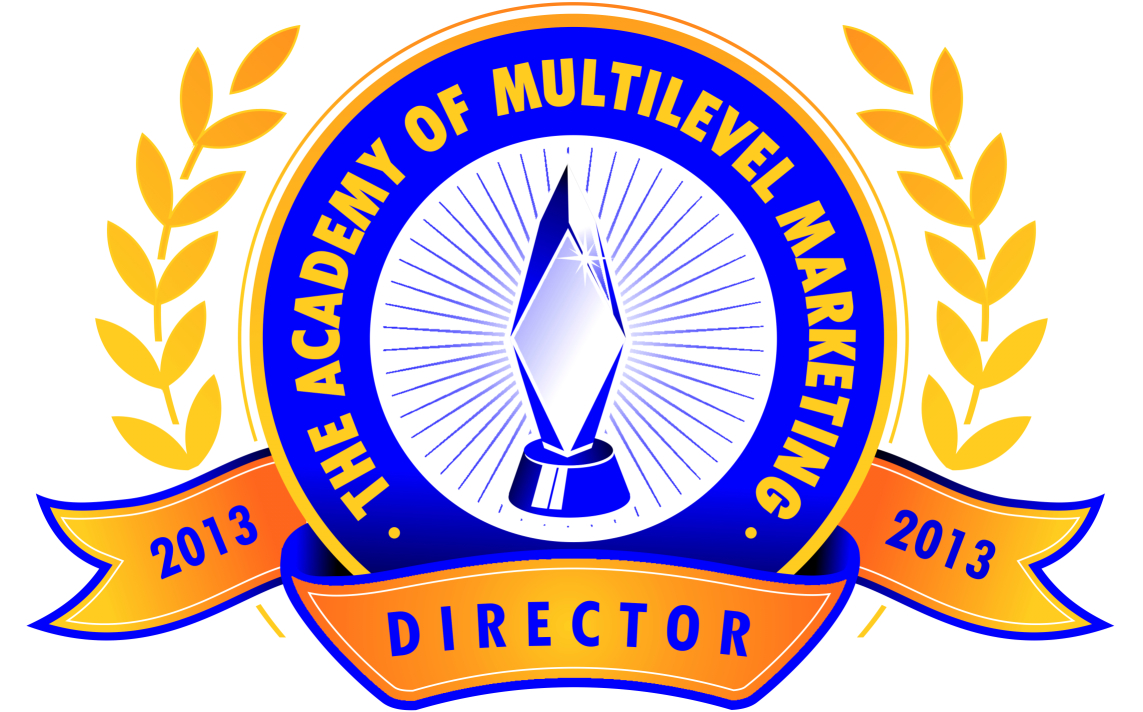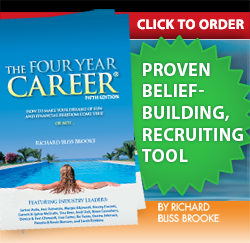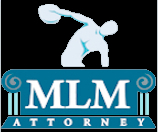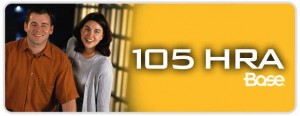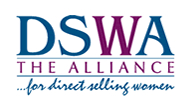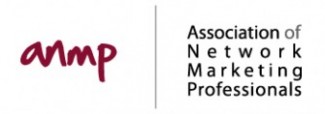Herbalife Hit With Another Bogus Attack by Short Seller
Is Bill Ackman the Next Barry Minkow?
I‘ve been getting a lot of requests for commentary on the recent “short theses” presented by investment guru Bill Ackman regarding Herbalife. Although there are those within our industry who may see this as Herbalife’s problem, they would be both ignorant and naive. Industry critics are exploiting Ackman’s work in an attempt to attribute his case against Herbalife to all M.L.M. companies, and if he’s ultimately successful in destroying Herbalife (his stated desire is to instigate an FTC and/or SEC investigation of Herbalife, and his goal is to have their stock drop to “zero”) it is virtually assured this bash-n-cash model will be applied to all publicly traded M.L.M. companies with any significant market cap.
As you may recall, twice convicted stock fraud felon Barry Minkow employed this tactic back in 2007 and 2008 and made a bundle shorting, then trashing, USANA, Nu Skin, Medifast, and Herbalife (he also tried it with PrePaid Legal, now the privately held Legal Shield, but for some odd reason just couldn’t get their stock to go down). Minkow isn’t doing this anymore because you’re not allowed to invest in stocks while your in prison.
I was going to hold off on this rebuttal to Ackman’s short thesis until I got my new website launched, because it will include video commentary, but I decided I’d like to get it out during both mine and Bill Ackman’s lifetime. Yes, after three months, we’re still rebuilding the site, but it is getting close. And it’s going to be a huge improvement over the previous site. Someday. Soon.
BTW, for those of you who paid for the exclusive contact listing within the Favorite Company Vote, you will receive a free month for each month, or partial month, the site was offline. Thank’s for your patience.
So, as I explain in the rebuttal report, I don’t have time to research and write over 60 pages of rebuttal points, over several months, like I did when Minkow first attacked USANA, but this eleven page response should provide more than enough evidence as to what Ackman’s true agenda is here.
Also, even if you’re not involved in Herbalife, or any public M.L.M. company, or just not interested in this issue, I’d still recommend you read the response. It could provide some great material as far as addressing objections like “99% don’t make money” and M.L.M. companies are all doomed to inevitable “market saturation”.
You can find the rebuttal report here:
http://www.marketwaveinc.com/articles/alert-214(Ackman).pdf
Please provide any feedback that you feel can improve this rebuttal, including misspellings and typos. I’ve only proofread it seven times, so there’s surely at least 20 or more still in there.
Direct Selling Edge Conference
I know it’s late notice, but if any of you are interested in starting and operate your own M.L.M. company, or would just like to be educated on what it takes to do so correctly, or just need a tax deductible excuse to visit Las Vegas, check out the Direct Selling Edge conference, sponsored by Sylvina Consulting, to be held on January 10th and 11th in Las Vegas.
I’ll be presenting there as well as attorney Kevin Thompson, author and consultant Daren Falter, premier start up consultant Jay Leisner, and at least half-a-dozen other industry experts.
For more information click on either of the above links, or call 503-244-8787.
On behalf of all of us here at MarketWave (yes, I actually have employees now!), we wish you and your loved ones a very safe, healthy and prosperous New Year.
Len, Carolyn, Dave and Russ.
MarketWave, Inc.
